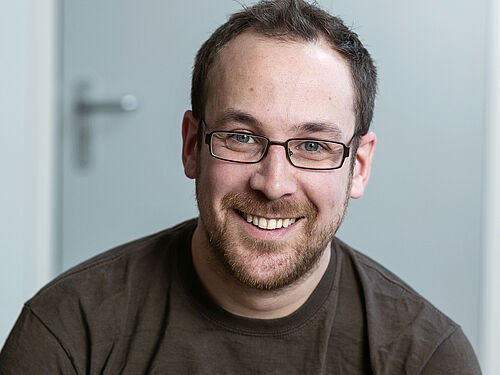Abstract. Asymmetric crypto deployed today is essentially completely based on RSA, and (elliptic-curve) discrete logarithms. It is long known that these cryptosystems are no longer secure in a world where attackers are equipped with a large universal quantum computer. This is why not only academic researchers, but also government agencies, standardization bodies, and industry are putting effort into transitioning our cryptographic infrastructure to post-quantum primitives.
Probably the most prominent effort in this field is the NIST post-quantum crypto (PQC) project, which started in 2016 and aims at selecting and eventually standardizing several suitable post-quantum signatures and
key-encapsulation schemes. This effort by NIST is supported by the international research community.
In my talk I will first present the pqm4 project, a library, testing, and benchmarking framework for post-quantum cryptography on the ARM Cortex M4. The long-term goal of this framework is to collect optimized and also side-channel-protected implementations of all NIST PQC candidates. In the second part of my talk I will zoom into the optimzation effort for some of these schemes, specifically lattice-based key-encapsulation mechanisms.
Biography. Peter Schwabe is an associate professor at Radboud University Nijmegen. He graduated from RWTH Aachen University in computer science in 2006 and received a Ph.D. from the Faculty of Mathematics and Computer Science of Eindhoven University of Technology in 2011. He then worked as a postdoctoral researcher at the Institute for Information Science and the Research Center for Information Technology Innovation of Academia Sinica, Taiwan and at National Taiwan University. His research is in the area of cryptographic engineering, in particular the design and secure implementation of cryptographic primitives and protcols for real-world applications. In recent years his research has mainly focused on post-quantum cryptography. He is co-submitter of seven round-2 candidates in the NIST PQC project and since 2018 he is leading research in the project "EPOQUE -- Engineering post-quantum cryptography", which is supported by the European Research Council through an ERC Starting Grant.


